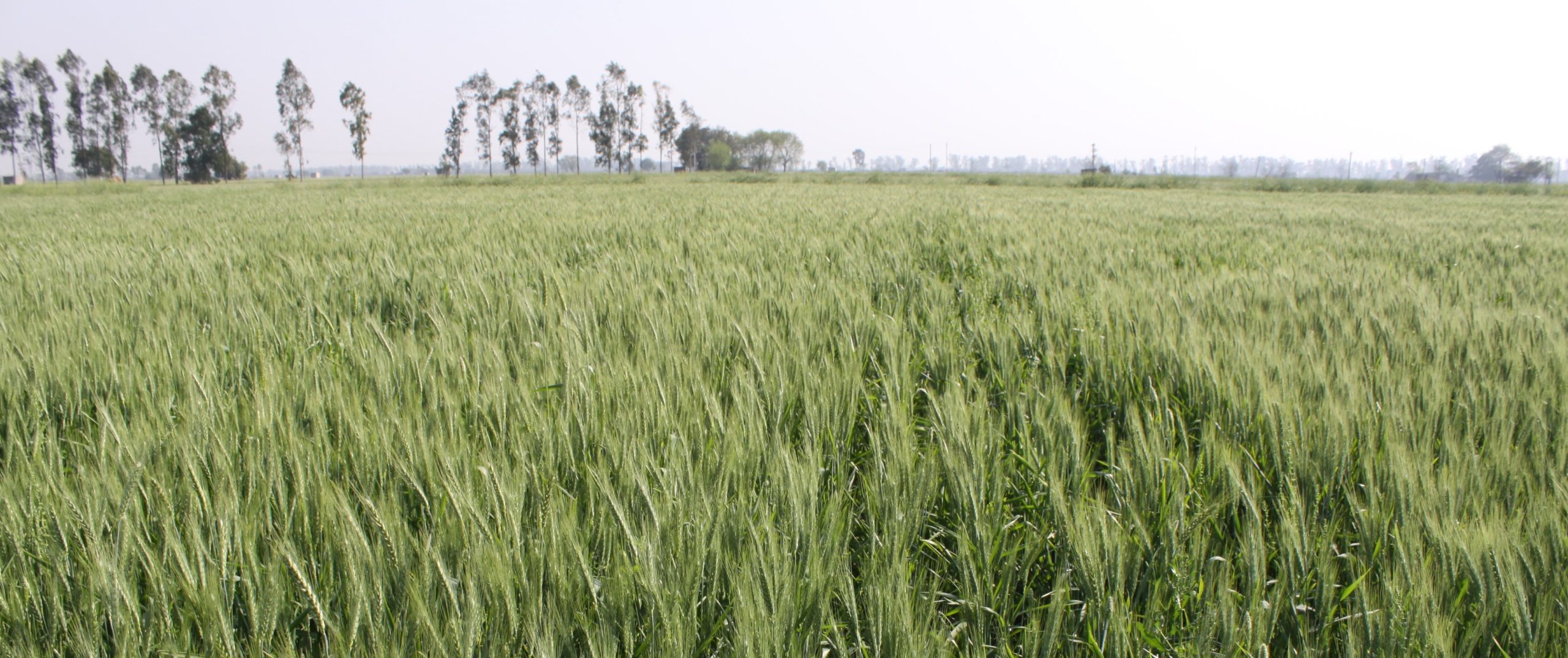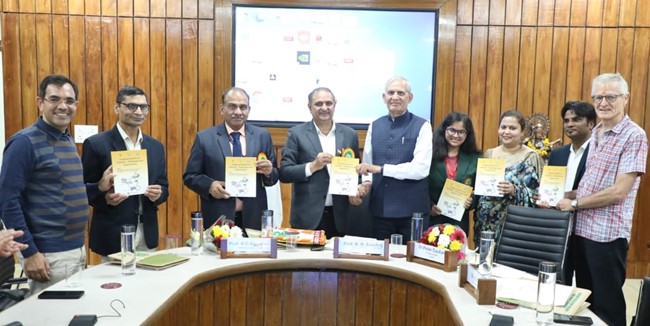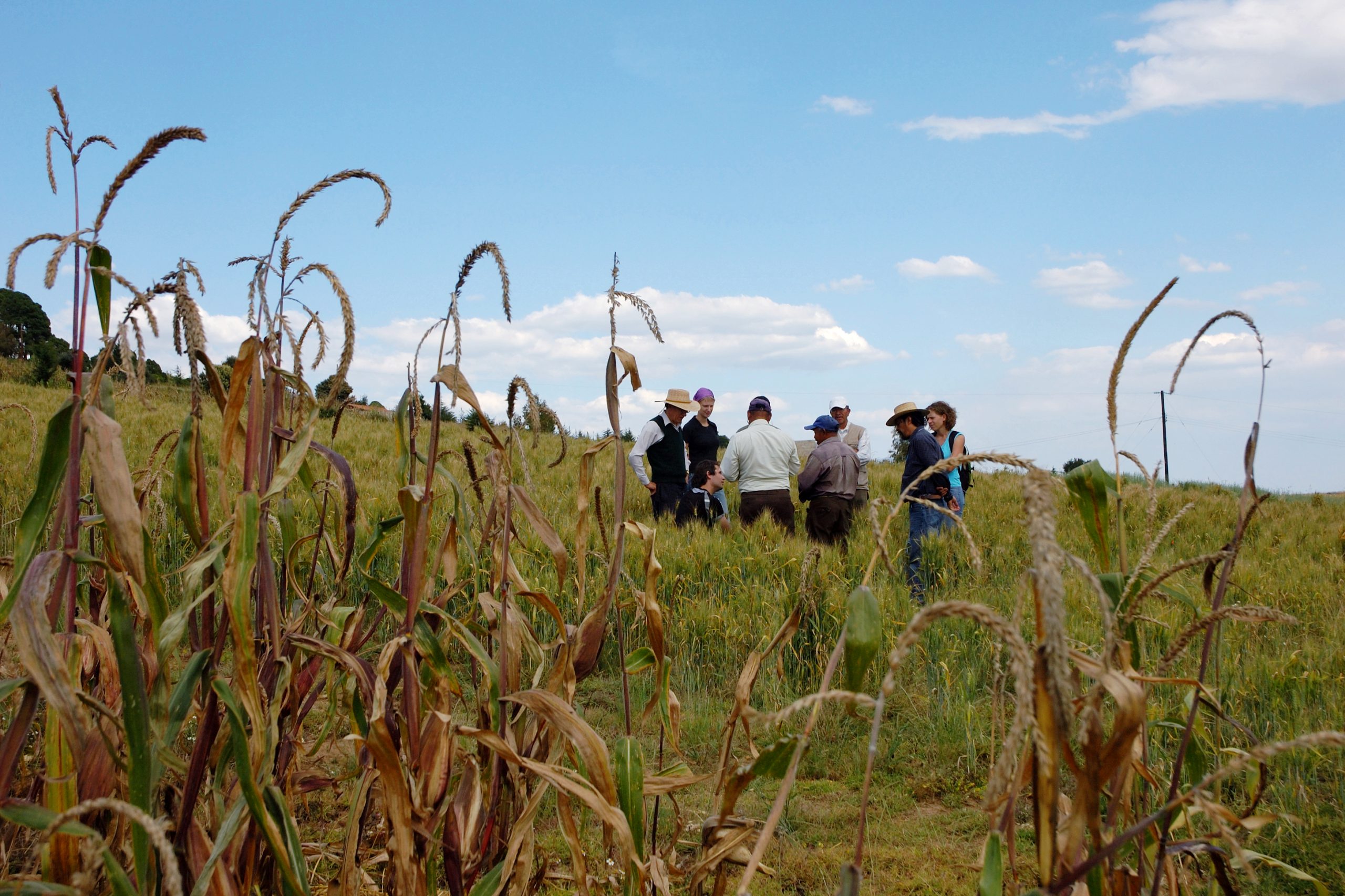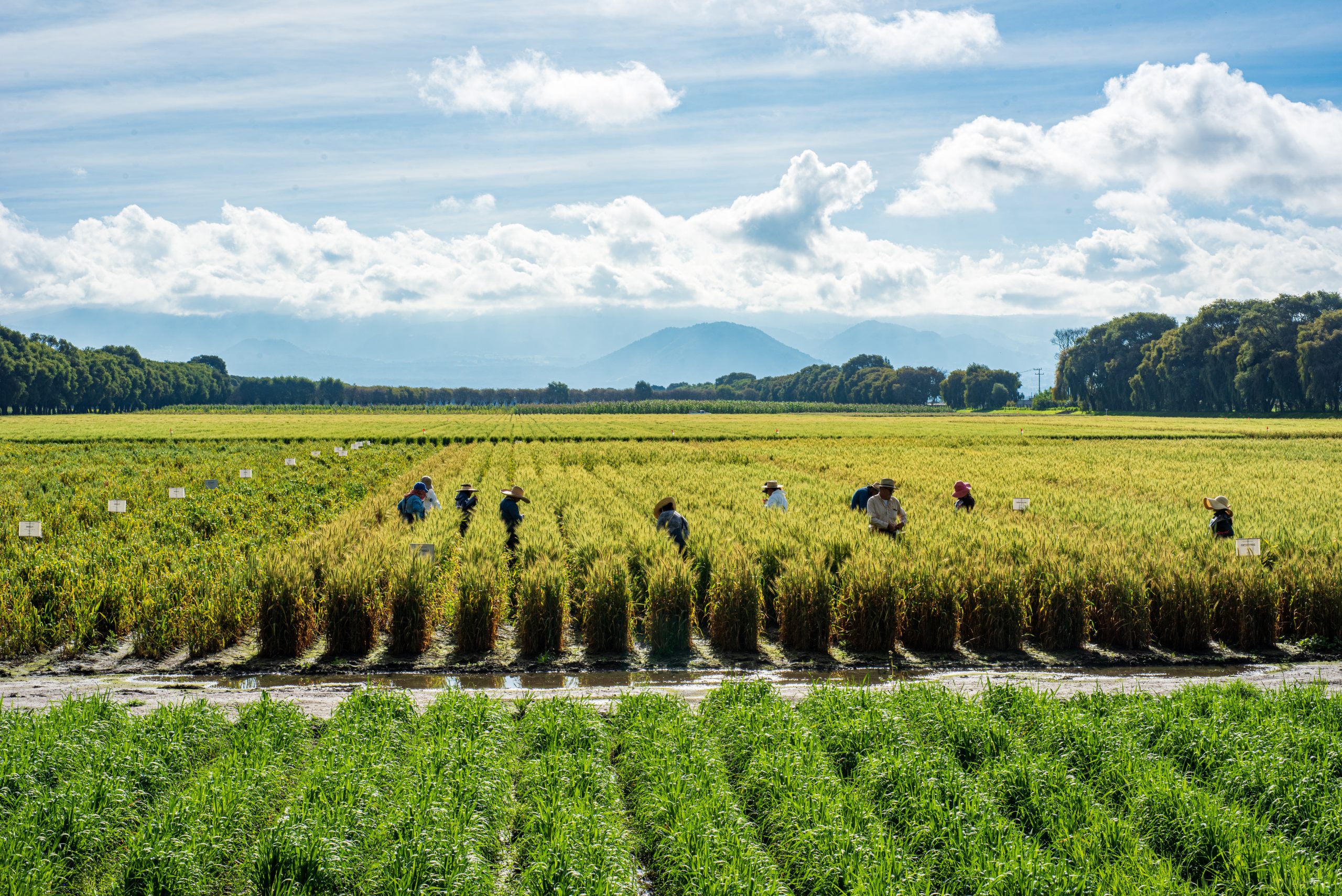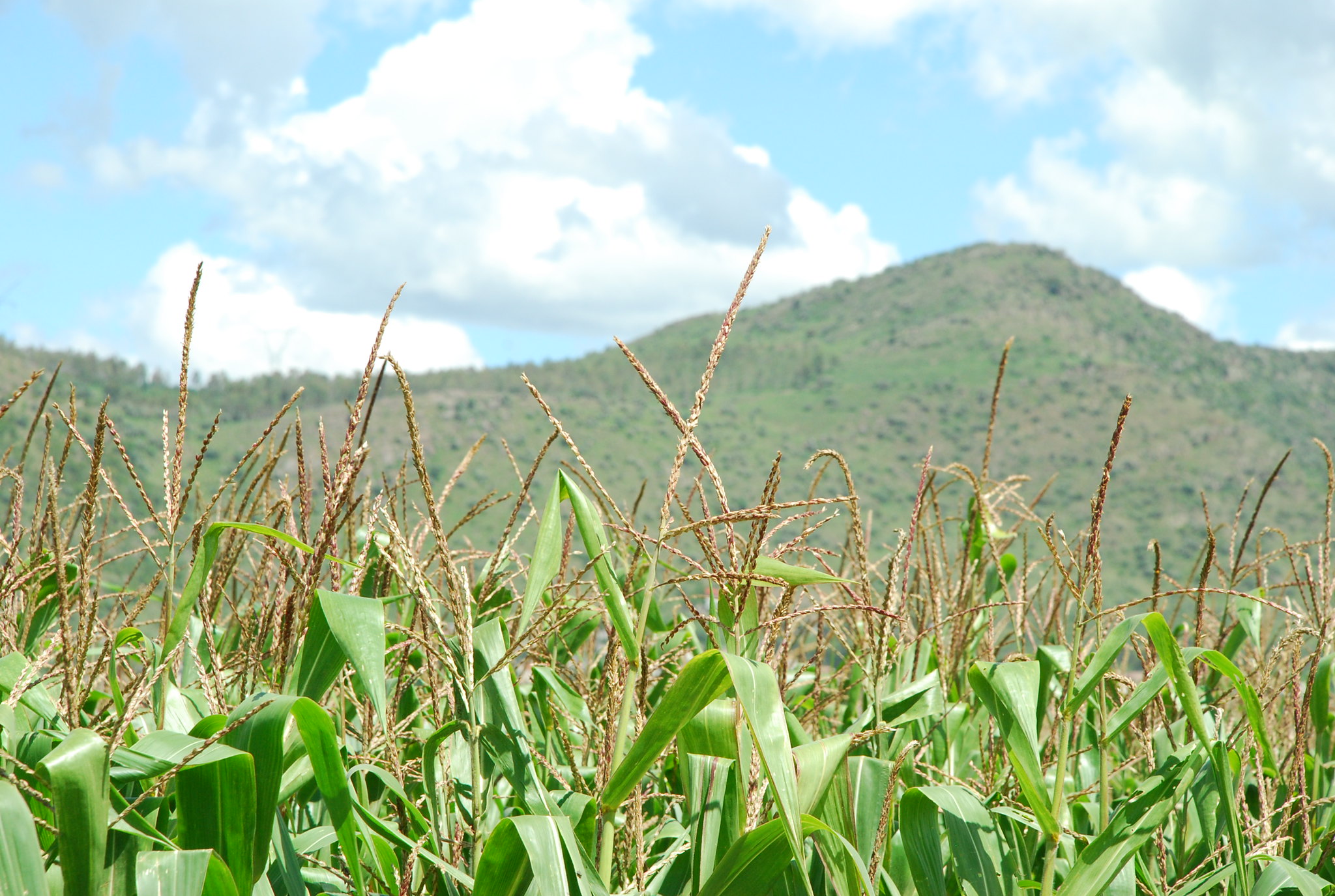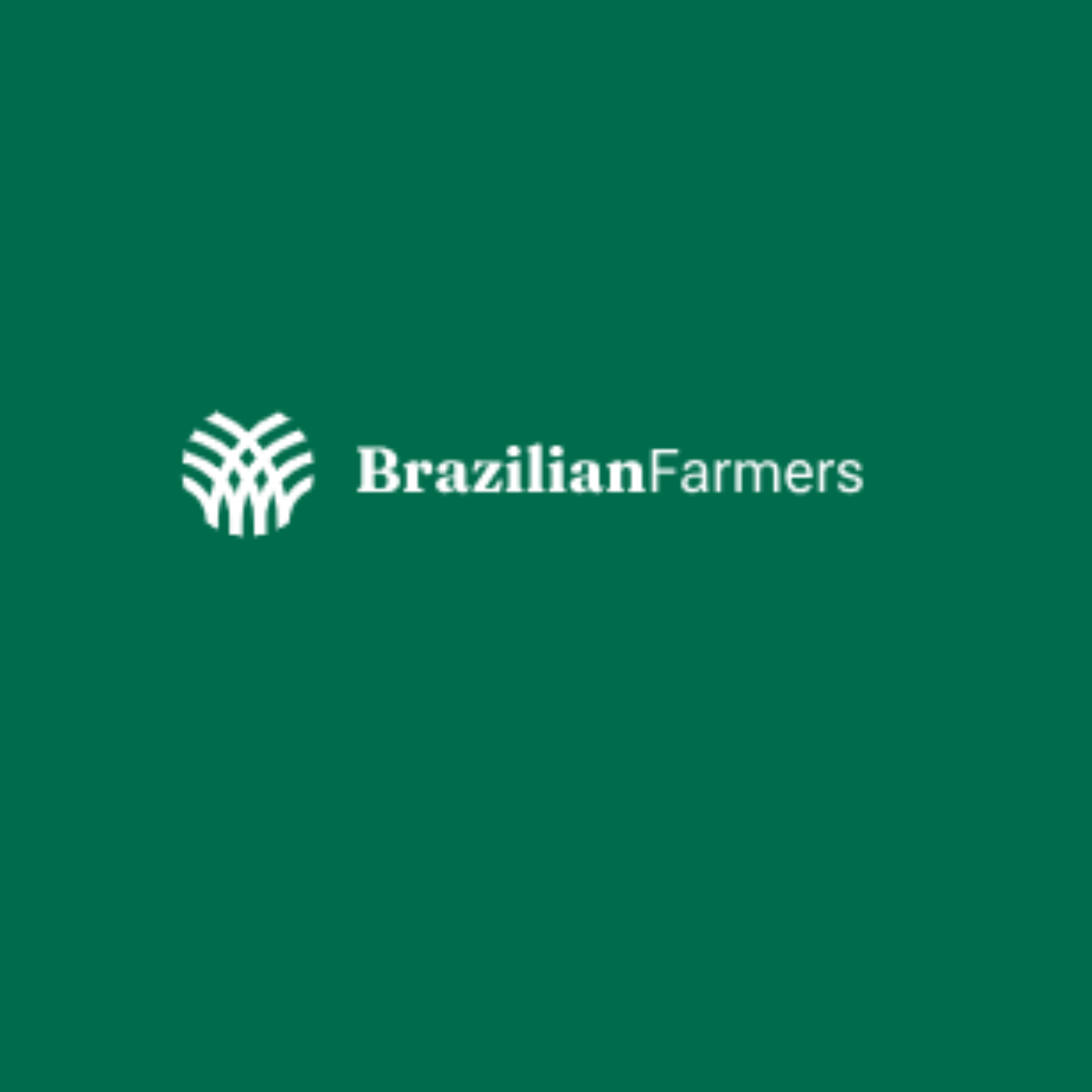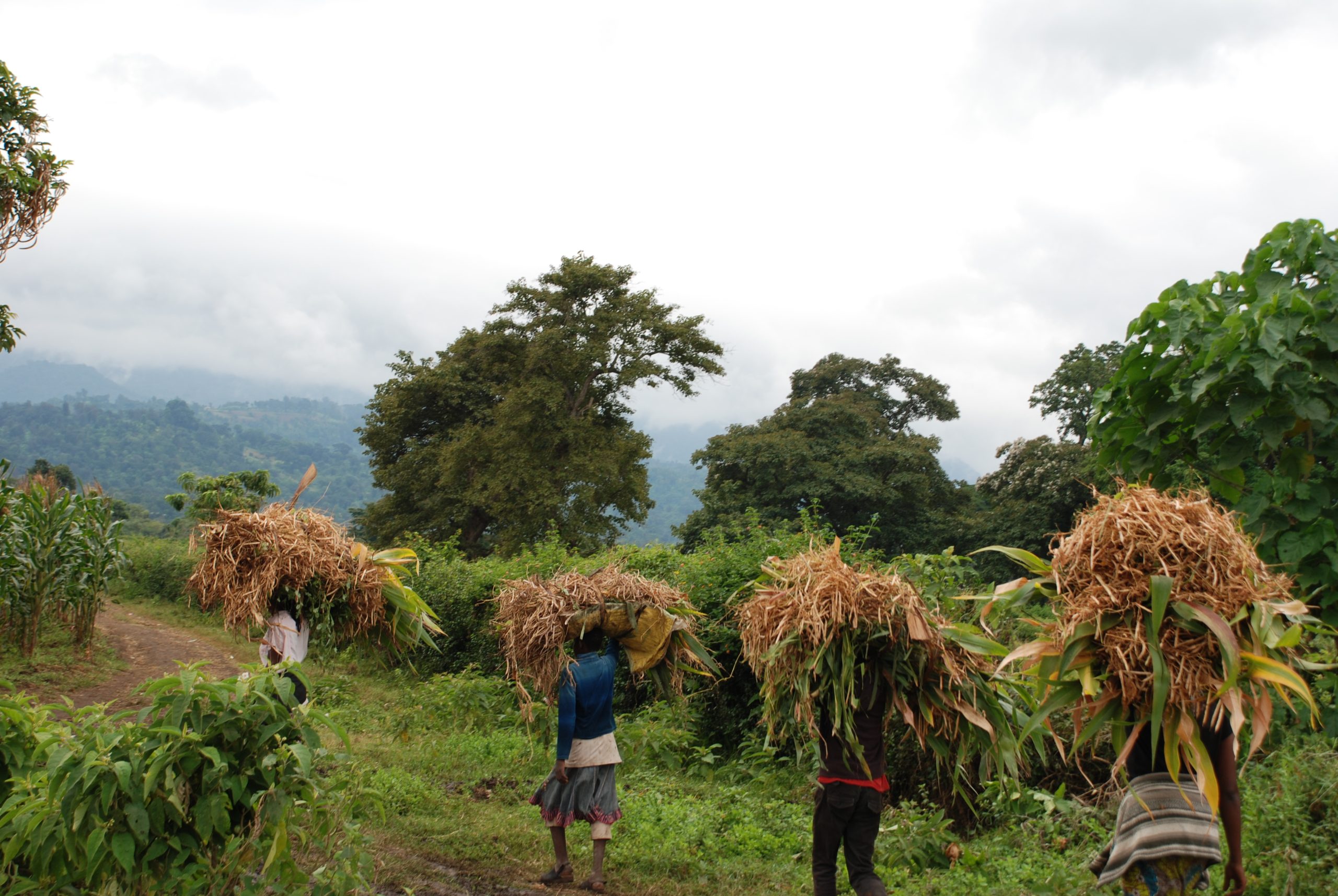Capacity development
CIMMYT training courses play a critical role in helping international researchers meet national food security and resource conservation goals. By sharing knowledge to build communities of agricultural knowledge in less developed countries, CIMMYT empowers researchers to aid farmers. In turn, these farmers help ensure sustainable food security. In contrast to formal academic training in plant breeding and agronomy, CIMMYT training activities are hands-on and highly specialized. Trainees from Africa, Asia and Latin America benefit from the data assembled and handled in a global research program. Alumni of CIMMYT courses often become a significant force for agricultural change in their countries.
Conservation agriculture helps smallholder farmers to be more resource efficient
 Capacity development
Capacity development
A village in the Indian state of Bihar boasts 100% zero-till technology adoption, helping improve agriculture production and climate change mitigation.
The Scaling Scan — launch of 3rd edition
 Capacity development
Capacity development
Helping great innovations scale to successful implementation.
Building technical capacity for emerging agri-research science and big data management
 Capacity development
Capacity development
New collaborative survey on local cropping systems provides rural work experience for students at Chaudhury Charan Singh Haryana Agriculture University.
Research local: co-creation generates novel options to tackle global problems
 Capacity development
Capacity development
CIMMYT research helps meet Sustainable Development Goals through engagement of scientists and stakeholders in participatory action research.
‘Africa is a focal point for composite flour research’: 3D-printed crackers from African-grown peas and quinoa nabs Mühlenchemie’s Flour Innovation Award
 Capacity development
Capacity development
Source: Bakery and snacks (20 Jul 2023)
Sidhar Bhavani, senior scientist, head of Rust Pathology and Molecular Genetics at the International Maize and Wheat Improvement Center (CIMMYT) enriched the jury of the MC Mühlenchemie’s Composite Flour Awards to mark its 100th anniversary.
Brazil moves towards wheat self-sufficiency and seeks expansion in the global market
 Capacity development
Capacity development
Source: Brazilian Farmers (21 Jul 2023)
Brazil, which ranks among the top wheat importers, is on track to achieve self-sufficiency in wheat production with the succesful implementation of wheat strains from the International Maize and Wheat Improvement Center (CIMMYT).
Technical support for sustainable maize and associated crops production in Iguala
 Capacity development
Capacity development
Evaluation and Planning Workshop on Transforming Agrifood Systems in South Asia (TAFSSA)
 Capacity development
Capacity development
Through its work in South Asia, TAFSSA contributes to developing more sustainable and equitable agrifood systems for smallholder farmers in the region.
Forging scaling partnerships in Latin America: Scaling specialists meet to strengthen future collaborations and learn from past experiences
 Capacity development
Capacity development
Scaling specialists from around the world met in Texcoco to reflect on their scaling work in Latin America towards sustainable agri-food systems.
Pakistan can be self-sufficient in wheat, says agency
 Capacity development
Capacity development
Source: Dawn ()
CIMMYT efforts are moving Pakistan closer to its goal of improving food and nutrition security through wheat production, with the release of 31 wheat varieties since 2021.
MC Mühlenchemie presents the winners of the first Flour Innovation Award
 Capacity development
Capacity development
Source: Milling and Grain (4 Jul 2023)
International jury of renowned scientists and industry experts evaluate 23 research projects from four continents, awardees hail from South Africa, Ethiopia and Pakista
Regenerative Agriculture Boosts Second Green Revolution
 Capacity development
Capacity development
Source: Mexico Business News (29 Jun 2023)
In Mexico, there are different examples of regenerative agriculture projects led by international organizations, such as CIMMYT’s partnership agreement with Nestlé and Bimbo that have helped rural communities to improve their productive processes through regenerative farming practices.
Pakistan’s wheat yield may decline 16pc due to climate change
 Capacity development
Capacity development
Source: Dawn (25 Jun 2023)
The wheat simulation models have been widely used to study diverse cropping systems, as growing conditions and the impact of climate change on wheat vary across the globe. Simulations for South Asian countries suggested a different magnitude of climate change impacts, particularly due to warmer temperatures.
